February is National Fiber Focus Month and it's a time for us to evaluate our nutrition plans to find out if we're eating the right foods to maintain a healthy body. Fiber comes from a whole range of sources but the most common are in fruits, vegetables, nuts, seeds, and whole grains. If you're eating a healthy variety of food then you'll probably be getting enough fiber but just in case you should check anyway.
Although fiber comes from the delicious foods you may not know that there are two types that the body needs to function properly: soluble and insoluble fiber. If you're not getting enough of each - or even too much - then you'll start to run into tummy troubles.
The purpose of this article is to give you the knowledge on how these two types of fiber interacts with your body, how much you need on a daily basis, and where you can get it from. You'll also find out how to start reversing any tummy troubles that you might already be experiencing from a lifetime of junk food and poor eating habits.
Photo Credit: Allposters


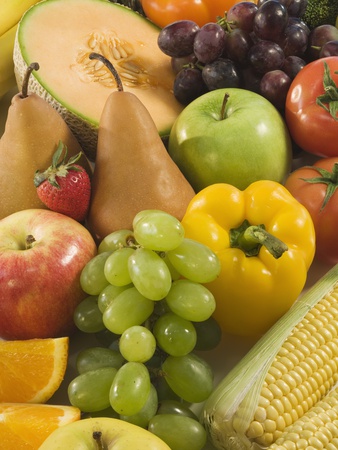

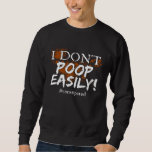
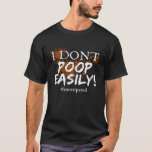



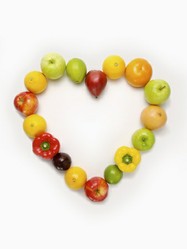

 What Is INRon 03/11/2017
What Is INRon 03/11/2017
 Learn How To Kniton 03/08/2017
Learn How To Kniton 03/08/2017
 What is Factor V Leiden Genetic Mutationon 08/05/2013
What is Factor V Leiden Genetic Mutationon 08/05/2013
 Increasing Fiber For Optimum Healthon 07/24/2013
Increasing Fiber For Optimum Healthon 07/24/2013


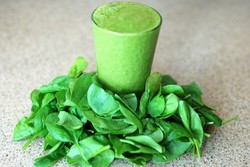
Comments
Thanks Katie. I took a lot of time researching this one as I didn't want to get it wrong, as you say there is a lot of confusing information out there. Luckily my doctor was able to answer quite a few questions for me.
Very informative, I think there is a great deal of confusion between soluble and insoluble fiber.
;)K